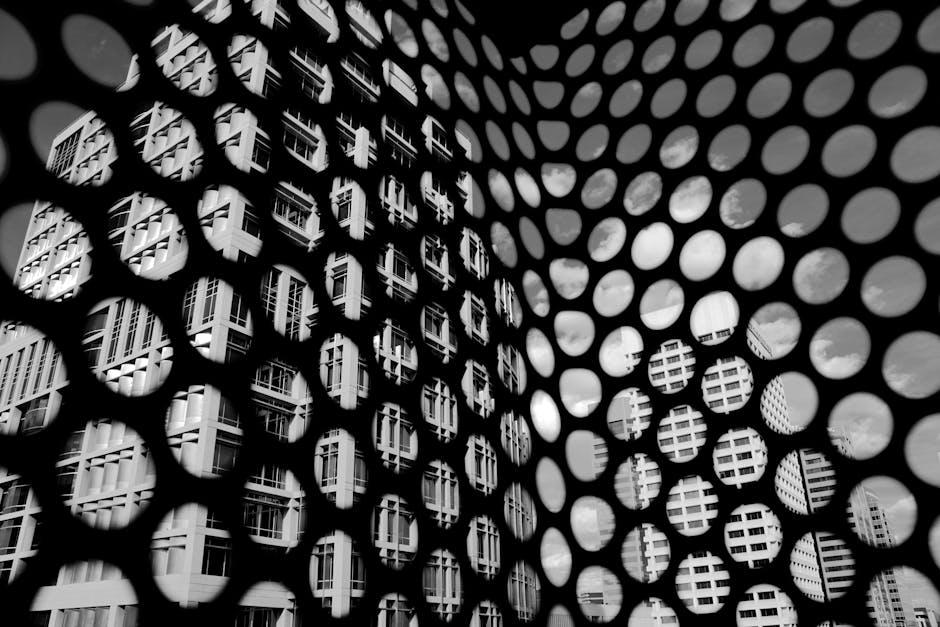Your Photos Aren’t Real
In an era where social media prevails and filters are at our fingertips, it’s time to question the authenticity of the images we see online. With platforms like Instagram and Snapchat transforming into visual storytelling platforms, we are constantly bombarded with perfectly posed and edited photographs. But are these images an accurate reflection of reality or merely carefully curated illusions?
The rise of photo editing software and smartphone applications has made it easier than ever before to alter and manipulate images. From smoothing out imperfections to enhancing colors and creating stunning landscapes, the boundaries between what is real and what is digitally altered are becoming increasingly blurred. All too often, we scroll through our feeds, envious of picture-perfect vacations, flawless skin, and impeccably styled outfits. But we must remind ourselves that these photos aren’t real.
It’s crucial to acknowledge that photo manipulation is not a new phenomenon; it has been practiced long before the digital age. Before Photoshop existed, photographers would manipulate images in the darkroom, adjusting contrast, cropping, and retouching imperfections. However, the widespread access to technology and social media has fueled a culture of unrealistic beauty standards and unattainable perfection.
The issue with presenting heavily edited and filtered images as reality is that it creates an unrealistic perception of what life should look like. Young people, in particular, are vulnerable to this distorted reality, comparing themselves to influencers who epitomize flawlessness in every aspect of their lives.
The consequences are not only detrimental to individuals’ self-esteem but also to their mental health. Studies have shown a significant link between frequent social media use and poor body image, anxiety, and depression. Seeing highly edited images on a daily basis can skew our perception of real beauty and impact our confidence.
Beyond the impact on self-image, the propagation of unreal photos can harm society as a whole. In pursuit of the perfect shot, some individuals go to extreme lengths, risking their lives and compromising safety. We often come across news reports of people attempting dangerous stunts or trespassing on private property to capture the ideal photo for social media validation. This obsession with staged, aesthetically pleasing content can overshadow the importance of genuine experiences and connections.
To counteract this damaging trend, it’s essential for individuals to become more discerning consumers of visual media. Rather than mindlessly scrolling through feeds, we need to question the images we see. Are these photos realistic? Do they reflect the true essence of a person’s life? By maintaining a critical eye, we can begin to break through the illusion.
Additionally, content creators and influencers ought to be more transparent about their editing practices. By openly discussing the behind-the-scenes effort that goes into creating visually appealing images, they can remind their audience that imperfections and authentic moments are natural and beautiful.
Furthermore, platforms like Instagram can play a role in promoting authenticity by discouraging excessive editing and filtering. By implementing features that label or restrict heavily altered photos, they can raise awareness about the unattainable standards set by digitally manipulated images and encourage real, unfiltered content.
Ultimately, it’s vital to have open conversations about the authenticity of the images we consume and share online. By recognizing that your photos aren’t real, you can empower yourself to celebrate your unique self instead of striving for unattainable perfection. After all, life is imperfect, and it is through embracing these imperfections that we find true beauty and genuine connection.
Hey Subscribe to our newsletter for more articles like this directly to your email.
